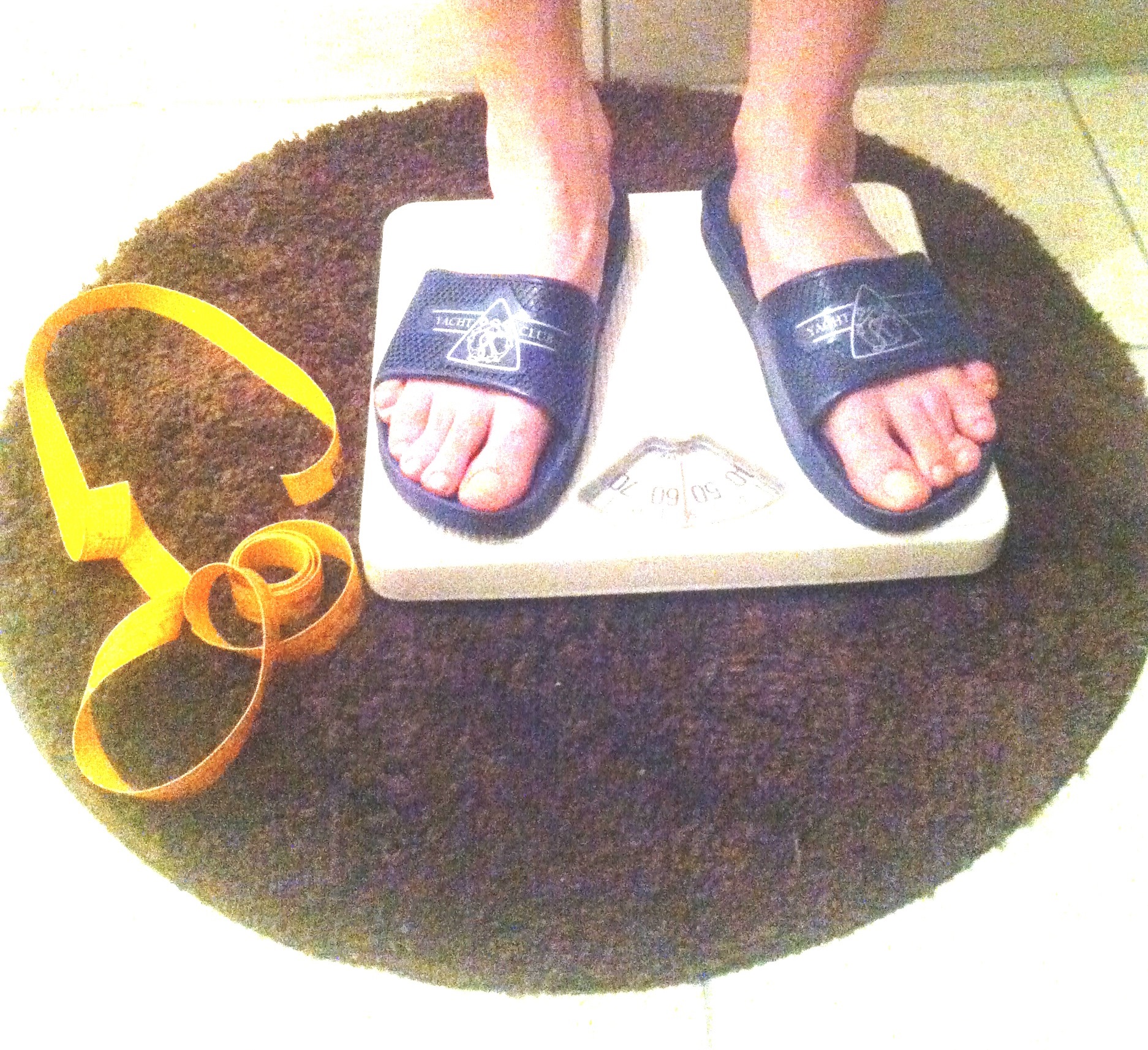Lipo-Politics: The Body-Mass-Index (BMI) as an Instrument of Power

“I track myself, therefore I am” is perhaps the most fitting way to describe the basic idea behind the Quantified Self movement which has gained popularity all over the world in recent years. Increasingly, people have started to record and measure their own body-related data, tracking changes over time in metrics such as body weight, blood pressure, caloric expenditure, and the ever-present Body-Mass-Index (BMI). Simultaneously, the sale corresponding apps, sensors, smartwatches, and weighing scales that provide the technical means to collect this data has experienced a continuing surge. The sensors on Nike+ devices, for example, track movement, distance, and speed during physical activities such as running. Apparently, people love collecting these data, fueled by the promise of becoming slimmer and…
